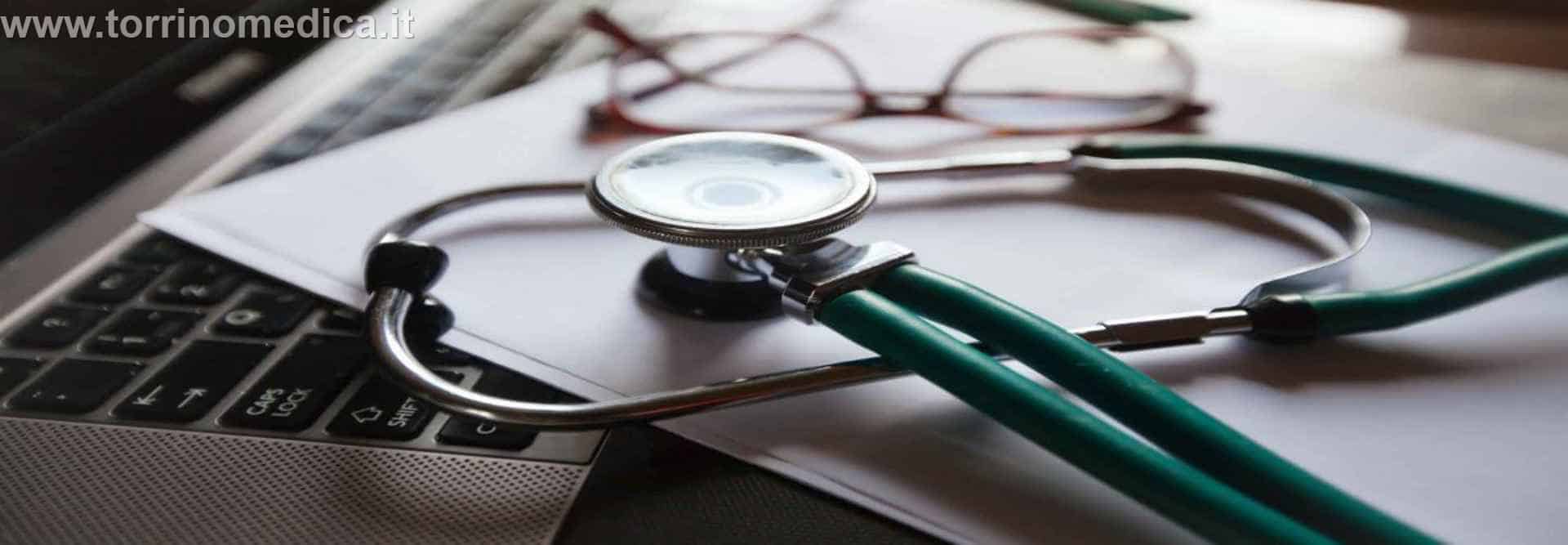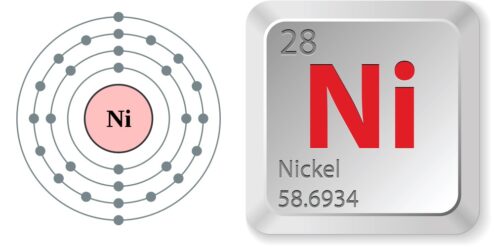Nickel is a trace mineral that plays a vital role in the functioning of the human body. Despite its importance, the role of nickel in the human body is often overlooked. This article aims to shed light on the biological importance of nickel, how it is absorbed and used by the body, the symptoms and health risks of nickel deficiency, dietary sources of nickel, and when nickel supplementation may be necessary.
Understanding the Role of Nickel in the Human Body
Nickel, although required in very small amounts, is essential for the proper functioning of the human body. It contributes to the production of certain enzymes and increases the absorption of iron in the body. Nickel also plays a role in the metabolism of proteins and carbohydrates. Despite its importance, the exact physiological role of nickel is not fully understood and is the subject of ongoing research.
Nickel is also involved in the body’s immune response. It aids in the production of antibodies, which help the body fight off infections. Furthermore, nickel is believed to play a role in DNA synthesis and the maintenance of cell membranes.
The human body contains approximately 10 milligrams of nickel. It is mostly found in the kidneys and liver, with smaller amounts in the lungs, brain, and skin. The body maintains this level of nickel through a balance of dietary intake and excretion.
The Biological Importance of Nickel: What Science Says
Scientific research has shown that nickel is involved in several biological processes. It is a cofactor for a number of enzymes, which means it helps these enzymes function properly. These enzymes are involved in the metabolism of proteins, fats, and carbohydrates, as well as the synthesis of DNA and RNA.
Nickel also plays a role in the production of hormones. It is involved in the synthesis of certain hormones, including those produced by the adrenal glands. These hormones help regulate the body’s response to stress and control various metabolic processes.
Studies have also suggested that nickel may play a role in bone health. It is believed to be involved in the process of bone formation and mineralization, although more research is needed to fully understand this role.
Lastly, nickel is involved in the body’s immune response. It helps regulate the function of immune cells and the production of antibodies, which are crucial for the body’s defense against pathogens.
How Does Your Body Absorb and Use Nickel?
Nickel is absorbed in the small intestine and then transported to the various tissues of the body. The absorption of nickel can be influenced by several factors, including the presence of other nutrients in the diet. For example, high levels of iron and calcium can decrease the absorption of nickel.
Once absorbed, nickel is used by the body in various ways. It acts as a cofactor for several enzymes, aiding in their function. It is also involved in the production of certain hormones and the body’s immune response.
The body maintains a balance of nickel through a combination of dietary intake and excretion. Excess nickel is excreted in the urine. However, if the body’s nickel levels become too high, it can lead to toxicity.
Symptoms and Health Risks of Nickel Deficiency
Nickel deficiency is rare, but when it occurs, it can lead to a variety of health problems. Symptoms of nickel deficiency may include skin rashes, fatigue, and decreased immune function. In severe cases, nickel deficiency can lead to anemia and liver damage.
Nickel deficiency can also affect the body’s metabolic processes. It can lead to decreased enzyme activity, which can disrupt the metabolism of proteins, fats, and carbohydrates. This can result in weight loss and other metabolic disorders.
Furthermore, nickel deficiency can affect the body’s hormone production. It can lead to decreased production of certain hormones, which can disrupt the body’s response to stress and other metabolic processes.
Lastly, nickel deficiency can affect the body’s immune response. It can lead to decreased production of antibodies, which can leave the body more susceptible to infections.
Dietary Sources: How to Get Enough Nickel
Nickel is present in a variety of foods. Good sources of nickel include nuts and seeds, whole grains, dried fruits, and chocolate. Other sources include fish, shellfish, and legumes.
The amount of nickel in these foods can vary depending on the soil in which they are grown. Therefore, it is important to consume a varied diet to ensure adequate intake of nickel.
In addition to dietary sources, nickel can also be absorbed from the environment. For example, nickel can be absorbed through the skin from nickel-containing jewelry or from water that has been stored in nickel-plated containers.
Nickel Supplementation: When is it Necessary?
Nickel supplementation is usually not necessary for most people. The body can typically get enough nickel from a varied diet. However, in certain cases, nickel supplementation may be recommended.
For example, people with certain medical conditions that affect the absorption of nutrients may require nickel supplementation. These conditions include Crohn’s disease, celiac disease, and certain types of cancer.
Additionally, people who follow a strict vegetarian or vegan diet may also require nickel supplementation, as plant-based diets can be low in nickel.
Nickel is a trace mineral that plays a vital role in the human body. It is involved in several biological processes, including the metabolism of proteins, fats, and carbohydrates, the synthesis of DNA and RNA, the production of hormones, and the body’s immune response. Although nickel deficiency is rare, it can lead to a variety of health problems. Therefore, it is important to consume a varied diet to ensure adequate intake of nickel. In certain cases, nickel supplementation may be necessary.
Per approfondire:
- National Institutes of Health: Nickel: This page provides a comprehensive overview of the role of nickel in the human body, its dietary sources, and the health risks associated with nickel deficiency.
- World Health Organization: Nickel: This document provides detailed information on the health effects of nickel, its sources, and guidelines for its safe intake.
- PubMed: Nickel and its surprising impact in nature: This scientific article discusses the various roles of nickel in biological processes.
- American Journal of Clinical Nutrition: Nickel in the human diet: This study provides information on the dietary sources of nickel and its role in human health.
- Journal of Trace Elements in Medicine and Biology: Nickel, an essential micronutrient: This research paper discusses the importance of nickel as a micronutrient and its role in human health.


